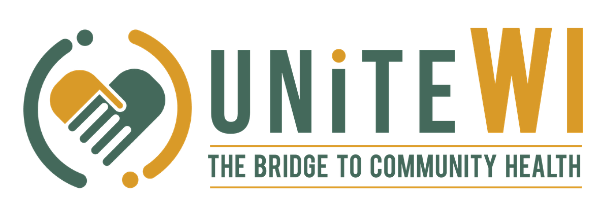'Connection is the solution': Unite WI adding 200 community health worker positions in Milwaukee
Unite WI coordinates community health workers (CHW) to people at risk.
The short film showcased how community health workers have actively changed lives.
According to Unite WI, there are 1,500 community health workers across the state.
Adding 200 more in Milwaukee will open up the potential to help more than 50,000 people.
